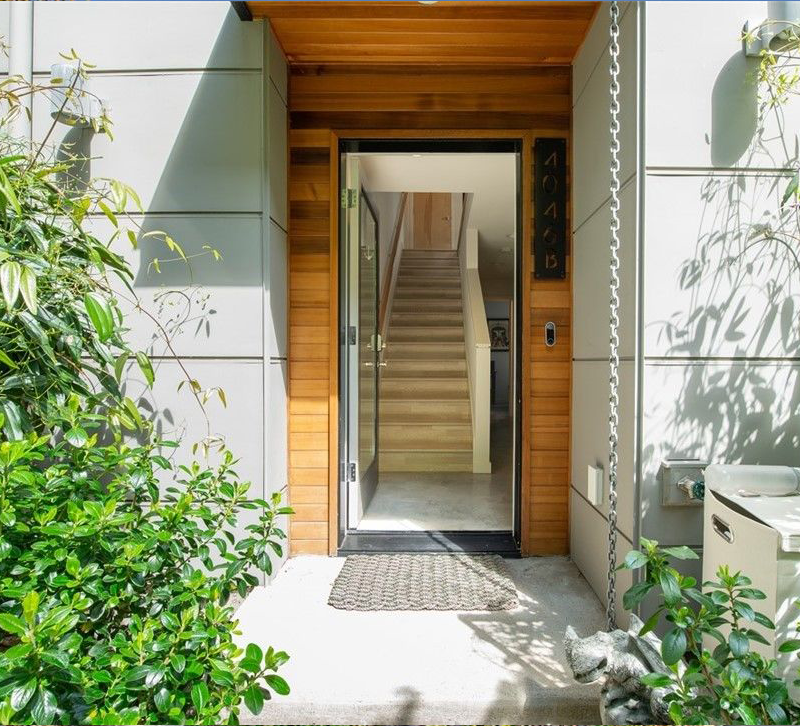
SELLING A HOME
SELLING
There’s a lot that goes into selling a home. From staging and marketing to deciding on a listing price, you need someone in your corner who sees the true value of your home and can make your listing stand out. With Andrew’s help, every detail will be taken care of to ensure a smooth and speedy sale.

DECIDE WHY YOU WANT TO SELL
Whether you’re downsizing, relocating, retiring or starting a new job, the decision to sell your home is often an emotional one. Make sure you have a clear goal in mind and you know why you’re selling before you start the process.
MEET WITH AN AGENT
To kick-off the selling process, your agent will visit your home to get a sense of your property and help you understand current market trends. They’ll advise you on improvements you can make around your home and what you can likely expect from the sale.
FIGURE OUT WHAT YOU NEED
From the number of bedrooms and bathrooms to the school district, you’ll need to decide which features of your new home are needs, and which features are wants. Having a clear goal in mind will help you stay focused as you start your home search in earnest.
UNDERSTAND WHAT YOUR HOME IS WORTH
Once you’ve decided on a listing date, it’s time to attend to any cosmetic or maintenance issues around your home. This may include painting, replacing floors and fixtures or tending to your landscaping. Additionally, your home should be clean and the furniture and décor attractively staged for photos and tours.





GET READY TO SELL
Once you’ve decided on a listing date, it’s time to attend to any cosmetic or maintenance issues around your home. This may include painting, replacing floors and fixtures or tending to your landscaping. Additionally, your home should be clean and the furniture and décor attractively staged for photos and tours.
MARKET YOUR HOME
Now that your home is market-ready, your agent will help you devise the most effective marketing plan for your home. This will include taking photos for the listing, deciding where your home is listed online, promoting the listing on social media and creating print advertisements.
SHOWING YOUR HOME
In addition to advertising online, you’ll likely want to invite buyers to see the property at an open house. You and your agent can schedule these in advance, but if possible you should consider installing a lockbox or keypad so your agent can have more flexibility when showing your home to potential buyers.
NAVIGATING OFFERS
As buyers put offers on your home, you’ll need to determine which ones to respond to and which one to accept. Your agent will help you qualify buyers to ensure their offers are legitimate, determine which contract stipulations are reasonable and extend a counter-offer, if necessary.

PURCHASE AND SALE AGREEMENT
Once you’ve accepted an offer from a buyer, you’ll enter into a legal contract called a Purchase and Sale Agreement. This document outlines the requirements for the sale that both parties have agreed to.
ESCROW
Escrow is a neutral third-party that facilitates the transfer of funds, documents and other important items between the buyer and seller. Your agent will set up an escrow account and help to make sure that all necessary documents and inspections are completed in a timely manner.
GET READY TO MOVE
As your closing date approaches, start packing up your items and prepare to move. This is also a good time to contact your utilities company and let them know that you’ll be moving.
CLOSING THE SALE
At closing, you and the buyer will sign all the necessary paperwork, including the property deed, title and more. You’ll receive your payout minus any relevant fees a few days after closing.
SOLD!
It’s time to raise a toast and celebrate your sale!


READY TO MAKE A MOVE?
Andrew Is Just A Phone Call Away For All Your Real Estate Needs
READY TO MAKE A MOVE?
Andrew Is Just A Phone Call Away
For All Your Real Estate Needs


